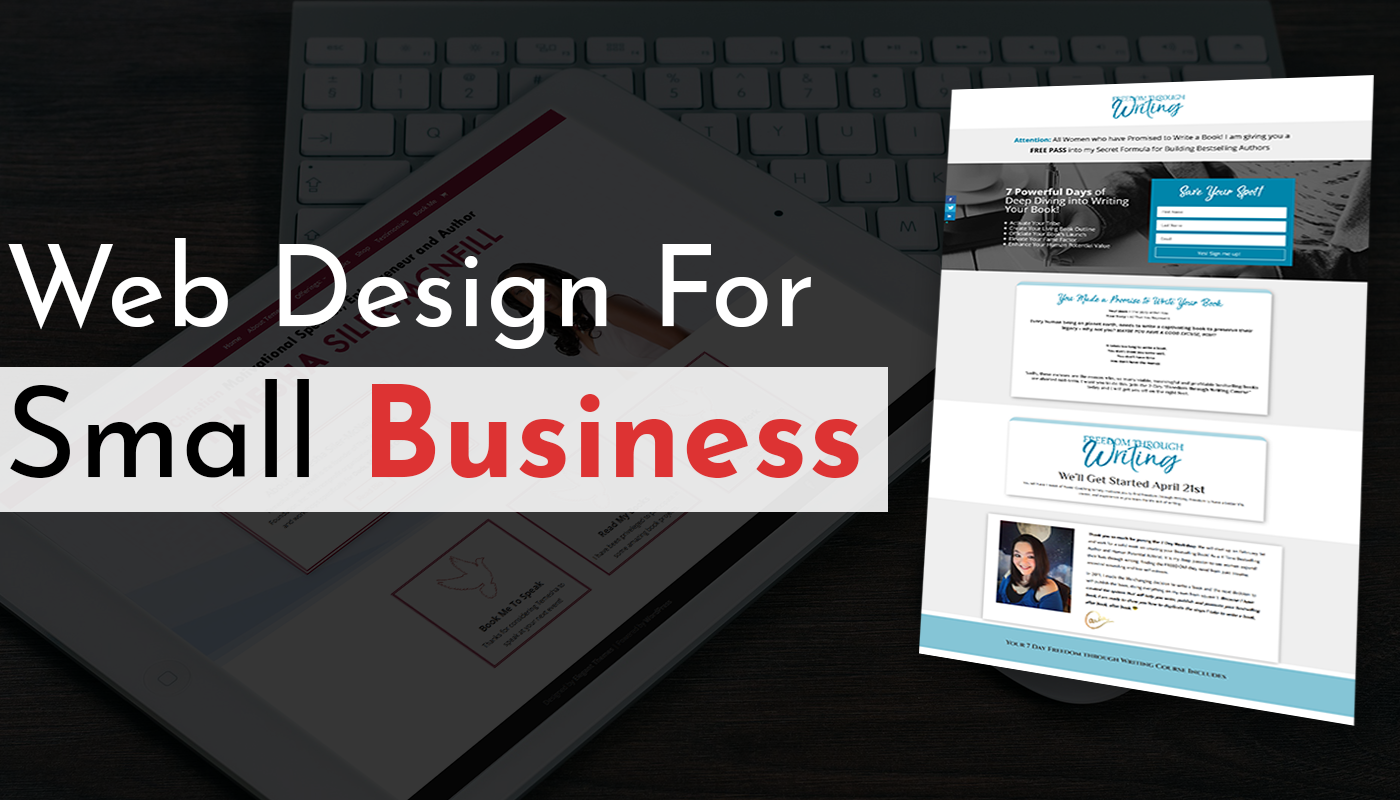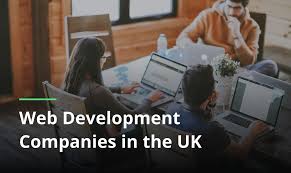E-commerce Web development is a process for creating online stores to help businesses to process products or services through the online stores to customers. A good e-commerce site enhances user experience, instils trust and makes sales.
In the current business environment, whether large or small, all businesses require powerful online platforms to stay competitive. By having the appropriate e-commerce website development strategy, companies can develop a captivating online experience that leads to customer loyalty and long-term expansion.
What Is E-commerce Website Development
The development of an e-commerce website is the development of an online shop where customers can browse, shop and pay conveniently. It also integrates design, functionality, and security to give a smooth shopping experience.
E-commerce websites are beneficial to businesses as they enable companies to reach a wider audience, boost sales, and be available 24/7. The e-commerce stores would allow customers to shop from any place and at any time, unlike physical stores. This convenience enhances customer satisfaction, and it assists companies in expanding within competitive markets.
E-commerce web development services is a sure way of keeping your business updated with modernity, accessibility, and efficiency, as well as reliability in meeting customer expectations.
Key Features of a Successful E-Commerce Website
Now let’s talk about the key features included when presenting over e-commerce website development services:
1. User-Friendly Navigation
Simple navigation will enable customers to locate products. You can reduce the point of conversion and bouncing rates by designing a proper menu. It should have a convenient search option and rational categories.
2. Secure Payment Gateways
Customers are put at ease when there is a sound checkout system. The ability to provide various payment methods using encryption and security standards will guarantee secure transactions. It also promotes buying and decreases fraudulent cart abandonment by a significant number.
3. Mobile Responsiveness
The central portion of the shoppers use mobile devices, and therefore your e-commerce site should be able to adapt to any size. Responsive design improves the browsing and purchasing experience, which increases interactions and purchases.
4. Fast Loading Speed
The importance of speed in user experience is enormous. A speedy loading website retains the customer. It lessens frustration as well as enhances search engine ranking, which is an essential aspect of e-commerce success.
5. Description and Reviews of its Products
In-depth specifications of products and candid customer reviews can assist customers in making sound choices. Such factors enhance trust, boost sales and overall credibility of your e-commerce site.
Steps in E-commerce Website Development
1. Planning & Strategy
The initial one is to set objectives, know the target audience and features. Proper planning will provide a solid base, as the e-commerce site is in tandem with the business goals and the customer’s wants.
2. Design & User Experience
The design must be appealing and the navigation user-friendly to make the customers have fun browsing. A focus on colors, layouts and product displaying assists in providing an interactive and convenient shopping experience.
3. Development & Customization
This stage involves the creation of the e-commerce platform development using the selected system and incorporation of customizations. The system developers incorporate security payment systems, product catalogues and other essential tools depending on the needs of the business.
4. Testing & Launch
E-commerce website testing is done in terms of bugs, speed and functionality before the site can be put live. After optimization, the platform gets a roll out. Customers will enjoy the best shopping experience on the first day.
Best Practices for Optimizing for SEO & Conversions
E-commerce website development Manchester can be optimized by integrating search engine optimization techniques and an easy user interface to drive traffic and boost sales. Begin with the product descriptions which are rich in keywords, titles which are optimized and clear URLs.
A mobile-friendly and quickly loaded site keeps the users entertained. It also helps it to rank higher in the search engines. Well-built, interconnecting, and organised categories allow products to be indexed with ease by search engines. Including customer feedback, quality pictures, and compelling calls-to-action enhances credibility and purchases.
Protective checkout and various payment options instil more customer trust. Frequently updated content, data analysis, and marketing integrations will guarantee the good functioning of the website. It brings active traffic and better chances of conversion in the long run.
To better understand how it all functions, you can hire professional services of e-commerce website development agency.
Cost of E-commerce Website Development
The e-commerce website development cost is based on the features, platform and the level of customization. Online stores can be cheap and sophisticated with integrations which are more expensive. The pricing is also influenced by factors like design, payment gateways, product catalogues and hosting.
The wisdom of e-commerce development pricing will pay in the long run since a developed e-commerce site will lead to an increase in sales and customer confidence. E-commerce development should be viewed as an investment and not an expense by businesses.
Proper establishment will result in growth being sustainable, improved customer interactions, and increased revenue capabilities in competitive markets.
E-commerce Website Development vs. Custom Web Development
Online sales are targeted via the e-commerce website design and development. It has product catalogues, payment gateways and shopping carts to offer a smooth customer experience.
Custom e-commerce website development, on the other hand, refers to the creation of web-based websites designed for any business need, e.g. portfolios, blogs or corporate websites. Whereas e-commerce websites are concerned with selling and communicating with customers, custom development is concerned with special needs, branding and special features.
The two methods involve planning, design and coding but are used to achieve different objectives. The decision between them hinges upon what you are planning to accomplish; do you want an online store or a more business-oriented site in general?
Whizmo | Your Trusted Partner for E-commerce Website Development
Whizmo helps businesses create powerful e-commerce websites that deliver results. With expertise in design, functionality, and secure payment systems, our platform builds platforms that attract customers and boost sales.
Whether you are a startup or an established brand, we offer tailored solutions in e-commerce website development, help to scale with your growth. Their focus on user experience, performance, and reliability ensures your store stands out in competitive markets.
Partner with us today and take your business to the next level online.
FAQs
It involves the establishment of online shops. Companies advertise their products or services and allow the consumer to browse, shop and pay conveniently.
The price is dependent on design, features and platform. Basic stores are inexpensive. More complex e-commerce websites with integrations and customization cost more to have.
The most popular ones are Shopify, WooCommerce, and Magento. The correct platform is also based on the size of the business, the features needed and budget flexibility.
The time to develop is based on complexity. Basic store can require weeks, and e-commerce custom platforms with integrations can require several months.
Yes, e-commerce sites are customizable to brand identity. It involves better features and provides a distinctive experience that meets the expectations of customers and business targets.





